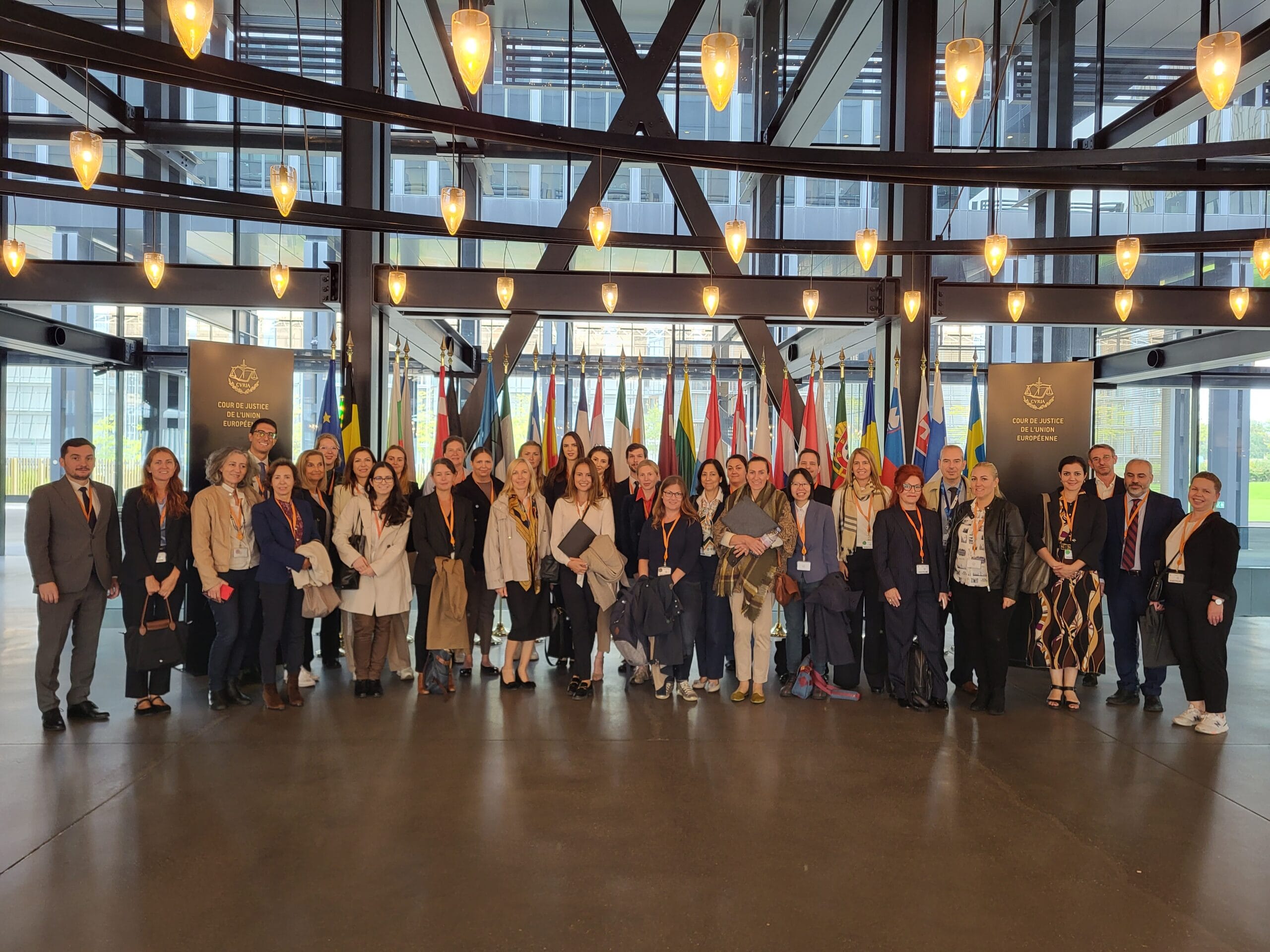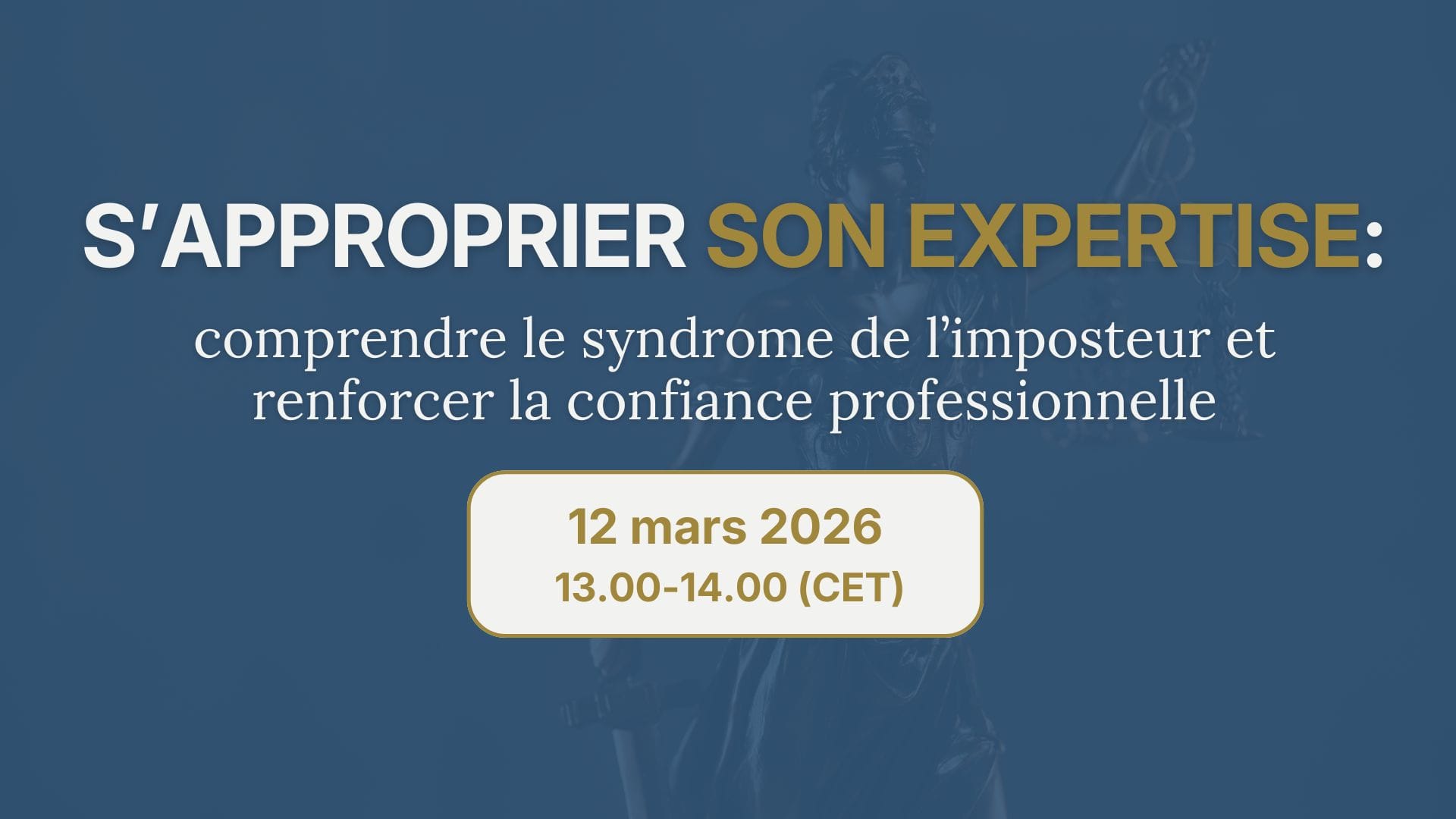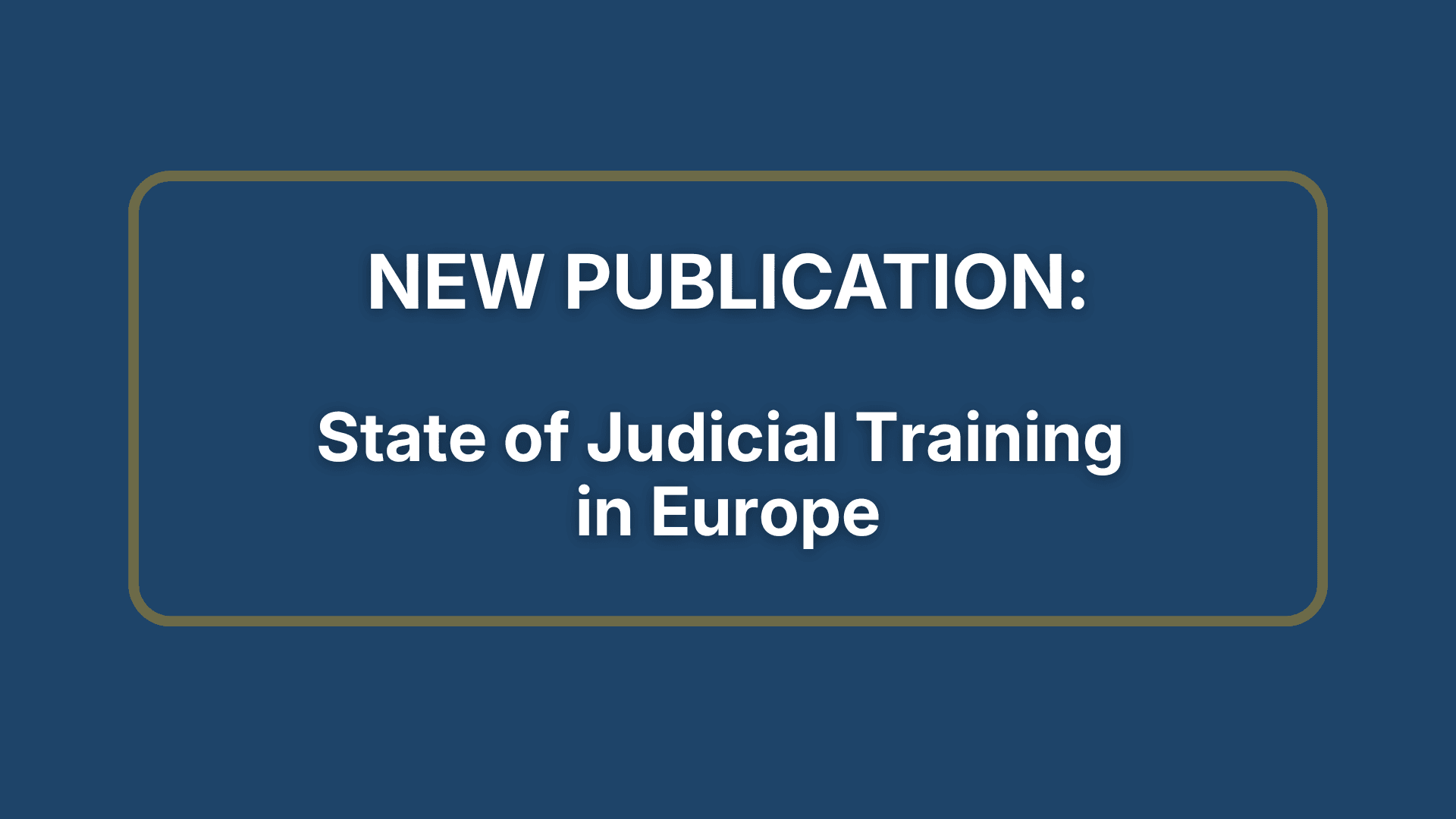EJTN is pleased to open the second call for applications for study visits taking place in the second semester of 2025. EJTN study visits are open to judges, prosecutors, court and prosecution staff as well as judicial trainers from EU Member States.
Eight study visits will be organised with six partner institutions. If you are interested, please go to our online application portal and submit your application by 16 May 2025 (18:00 Brussels time).
EJTN provides financial support for participation in these activities. Further information on the financial conditions governing study visits can be found here.
Court of Justice of the European Union
Study visits to the Court of Justice of the European Union are a long-term tradition in the EJTN Exchange Programme. These visits aim to equip participants with a more in-depth understanding of the Court’s powers, organisation and functioning.
| Period | Location | Length | Language | Places available |
| 22 – 23 September 2025 | Luxembourg | 1.5 days | English | 40 places |
| 17 – 18 November 2025 | Luxembourg | 1.5 days | English | 40 places |
European Court of Human Rights
Study visits to the European Court of Human Rights aim to equip participants with a comprehensive understanding of the Court, including its functioning and case law. Additionally, participants may have the opportunity to visit the European Parliament and the Council of Europe.
| Period | Location | Length | Language | Places available |
| 15, 16 and 17 September 2025
(to be confirmed) |
Strasbourg, France | 2.5 days | English | 40 places |
| 18 and 19 November 2025
(to be confirmed) |
Strasbourg, France | 1.5 days | English | 40 places |
European institutions in Brussels
The study visit to the European Union institutions in Brussels are organised with the European Commission, the Council of the European Union, the European Parliament and the European Anti-fraud Office.
| Period | Location | Length | Language | Places available |
| 22 – 23 September 2025 | Brussels, Belgium | 2 days | English | 35 places |
Eurojust
The study visit at Eurojust aims to raise the participants’ awareness of the organisation’s role as well as increase their understanding of the powers given to Eurojust National Members and judicial cooperation instruments in criminal matters.
Target audience includes prosecutors, investigating judges and court/prosecution staff working with criminal issues.
| Period | Location | Length | Language | Places available |
| Last week of October 2025
(exact dates to be confirmed) |
The Hague, Netherlands | 3 days | English | 40 places |
European Union Agency for Fundamental Rights
The study visit aims to introduce the participants to the work of the European Union Agency for Fundamental Rights on a wide range of areas, including the EU Charter of Fundamental Rights, non-discrimination, access to justice, LGBTI, hate crimes, asylum and migration, children’s rights and data protection.
| Period | Location | Length | Language | Places available |
| 2 – 3 October 2025 | Vienna, Austria | 1.5 days | English | 40 places |
Hague Conference on Private International Law
This visit aims to give an insight to justice practitioners of the EU Member States working on the main instruments of the Hague Conference on Private International Law (Conventions, Protocols and Principles) in the area of international family law.
Target audience includes family judges, prosecutors and court staff working with family law issues.
| Period | Location | Length | Language | Places available |
| 25 – 26 September 2025 | The Hague, Netherlands | 2 days | English | 40 places |
General information
Please note that the selection process of all Exchange Programme participants is the prerogative of EJTN Member and Associate Member institutions.
Launched in 2005, at the initiative of the European Parliament, the Exchange Programme for Judicial Authorities allows judges, prosecutors, court staff and trainers from different EU Member States to improve their knowledge of other judicial systems through direct contact and exchange of views and experiences.
The Exchange Programme also aims at developing a common European judicial culture based on mutual trust and cooperation between judicial authorities in the European judicial area.




